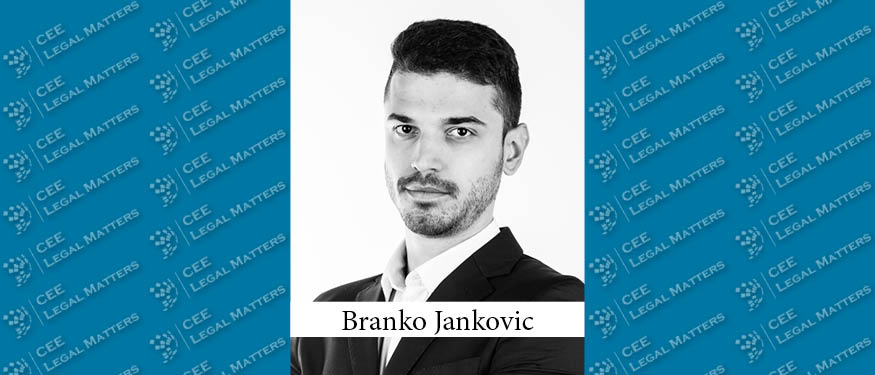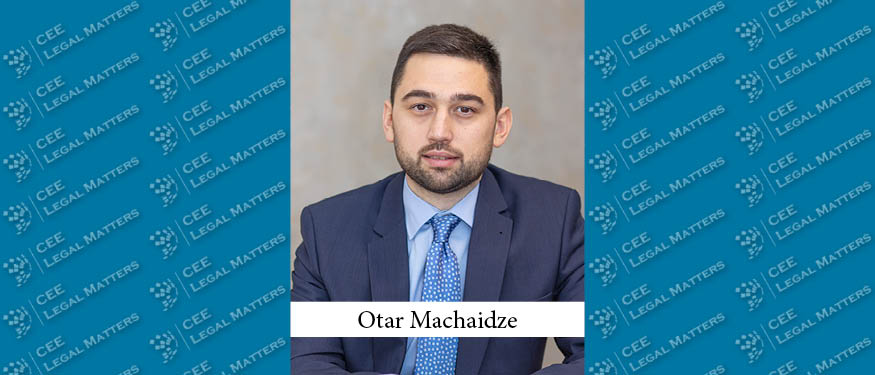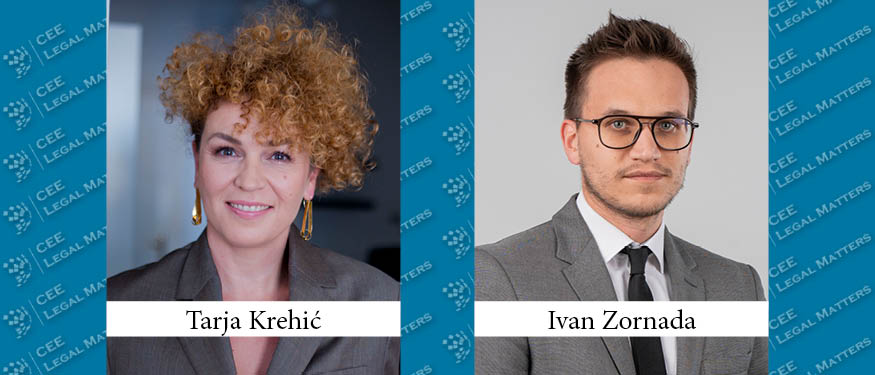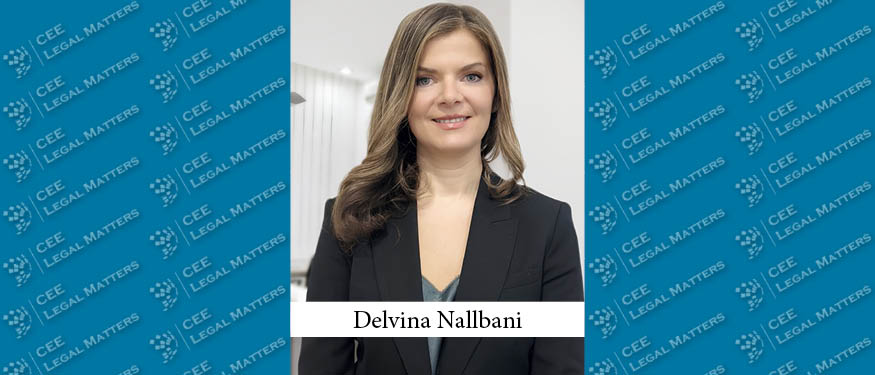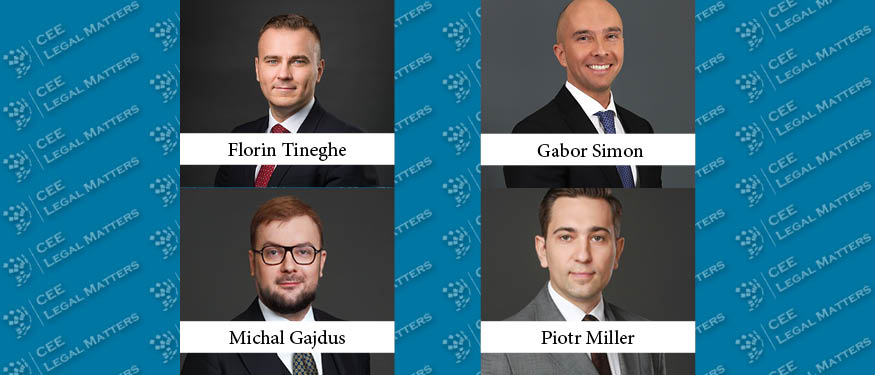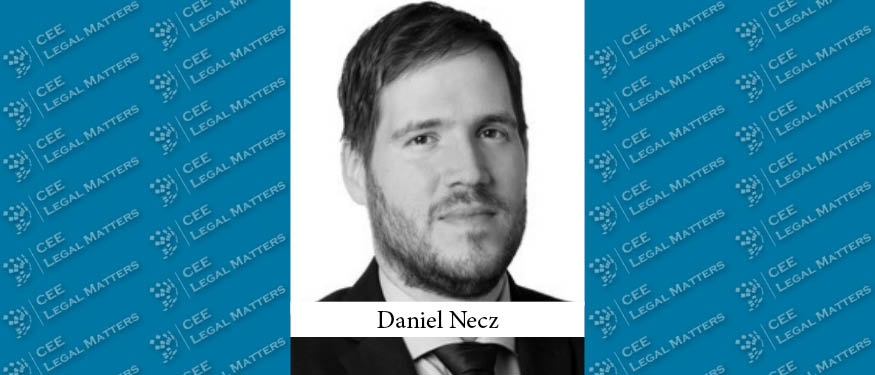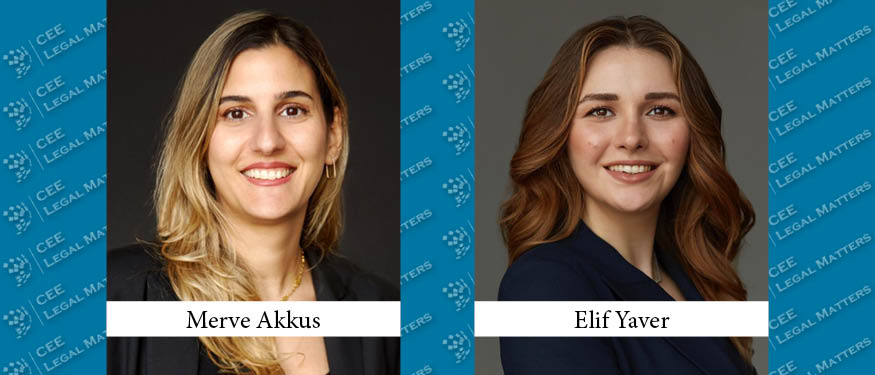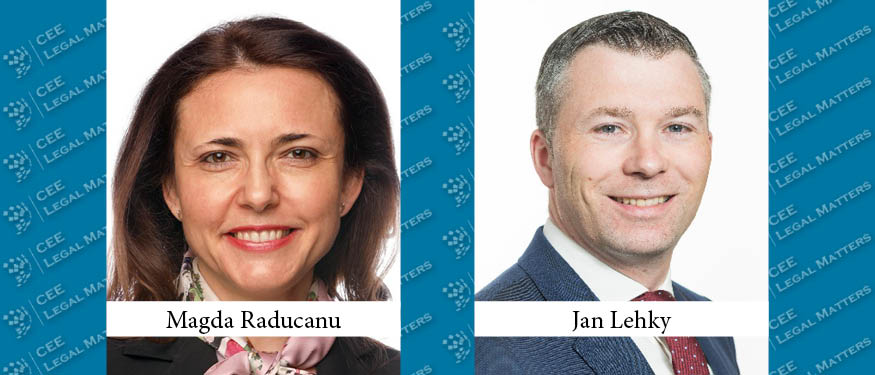The year of 2018 has begun as an extension of 2017 in Turkey, according to Guniz Gokce, Managing Partner at GKC Partners, the law firm working in exclusive professional association with White & Case in Turkey, who reports that ongoing projects are keeping her firm busy.
Due to Turkey’s current economic situation, many companies in Turkey are going through refinancing, restructuring, work-out, and sales processes. Gokce reports that, while Turkey may no longer be categorized as a “booming economy,” last year saw a dramatic increase in the number of M&A deals from 2016, and it looks like the trend will continue in 2018 with continued economic growth, especially in the infrastructure, energy, retail, and e-commerce/Fintech sectors. “Worth noting is also that we are witnessing one of the most active years in the capital markets front. We are extremely active in this area right now as we are seeing an influx of public offerings in 2018 and a couple of these have already been successfully completed,” she says.
The energy and tourism sectors were heavily affected by the country’s economic slowdown in recent years, Gokce reports, with the latter in particular continuing to suffer from a slow recovery. As a result, some smaller companies in these sectors have been struggling to perform. A similar dynamic is affecting the performance of shopping malls. That said, “there is an aligned interest in the market to make sure that there is no aggressive position on the bank side,” she explains, “to make sure that potential stress in the macro economy does not translate into defaults and liquidations, which will put further stress on the banking system.”
Thus, according to Gokce, at the moment, activity in the banking sector has shifted from new financings to refinancings and restructurings.
Nonetheless, she insists, foreign investors continue to view Turkey as an important market for long term success, and a place where liquid companies can be in beneficial positions. She also reports that Asian investors, which she reports represent the largest source of direct investments in Turkey after Europe, are “keen to maintain an opportunistic view,” especially in infrastructure projects, while mezzanine type investments continue to attract investors from the Middle East.
Five years ago, Gokce says, Turkey was a seller’s market with high IRR expectations. Now the picture has flipped, with opportunities in the market that were absent earlier. “There are really good performing assets out there that are potentially available for less than they would have been before,” she says. She reports that local sponsors are also continuing to invest in energy conglomerates, with some still being highly driven by capital expenditures, and others seeking selling opportunities of different matured investments in order to make room for new investments.
Gokce says that, going forward, access for local small and medium size companies to foreign currency denominated loans will be limited after amendments to the country’s Decree No. 32 on the Protection of the Value of Turkish Currency come into force on May 2, 2018. Although Gokce acknowledges that the government’s motives are tied to the “core structural weakness of the market” due to currency fluctuation, and that the new amendments are aimed at addressing the risks of deterioration in the balance sheet, she admits to a concern that Decree 32 does not particularly “isolate and address all the different types of entities that may be caught by this regulation.”
Ultimately, she says, “we hope all these refinancings will ease the pressure on the market, so that we can go back again to the development of more intense green field projects. But overall for us lawyers, business is good and continuing to perform steady and strong in 2018,” and she emphasizes that market players are driven by an expectation that once the era of refinancings is over, the dust will settle and things will return to “business as usual,” in what she describes as “the financially attractive environment of Turkey’s emerging market.”








